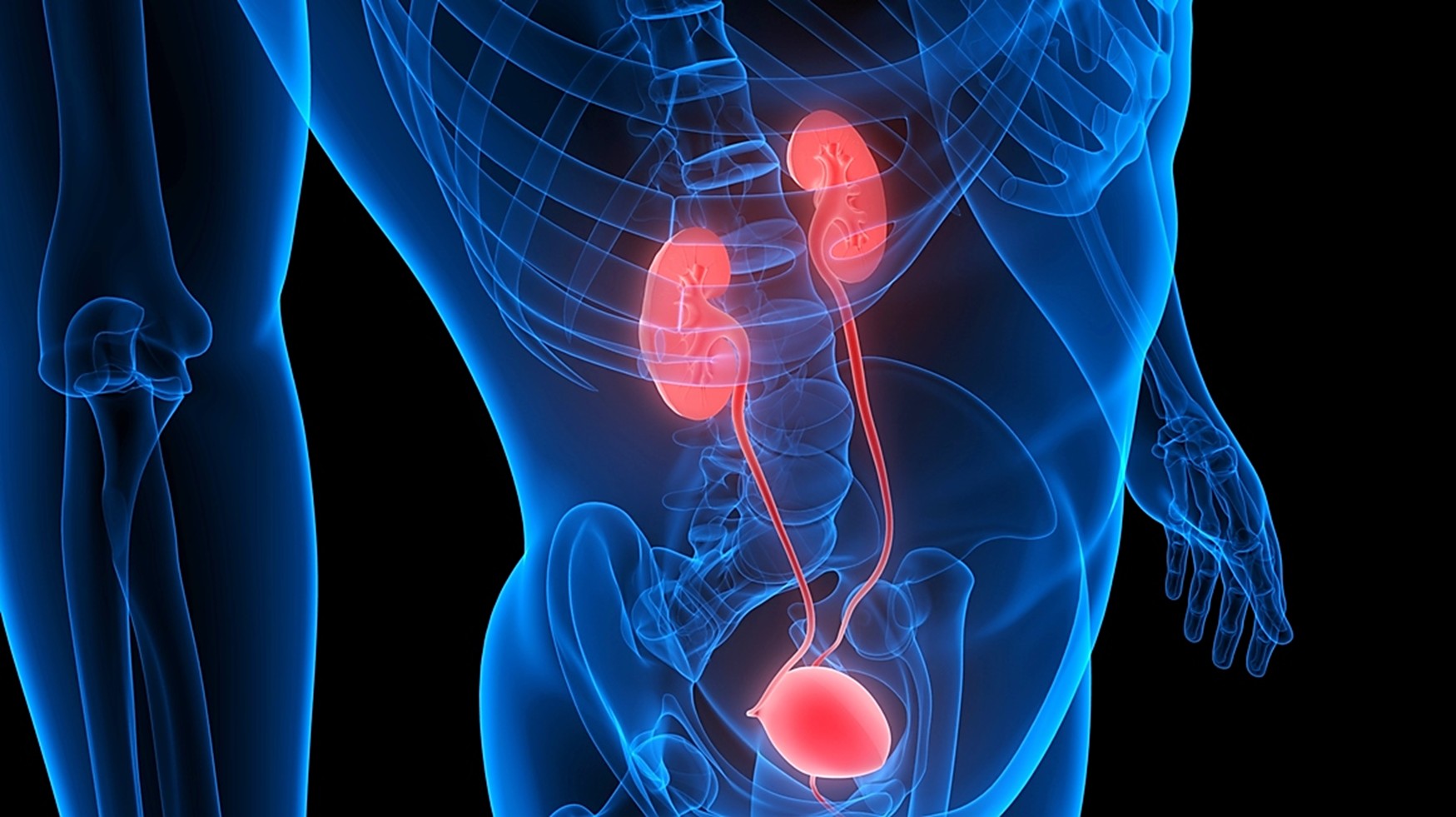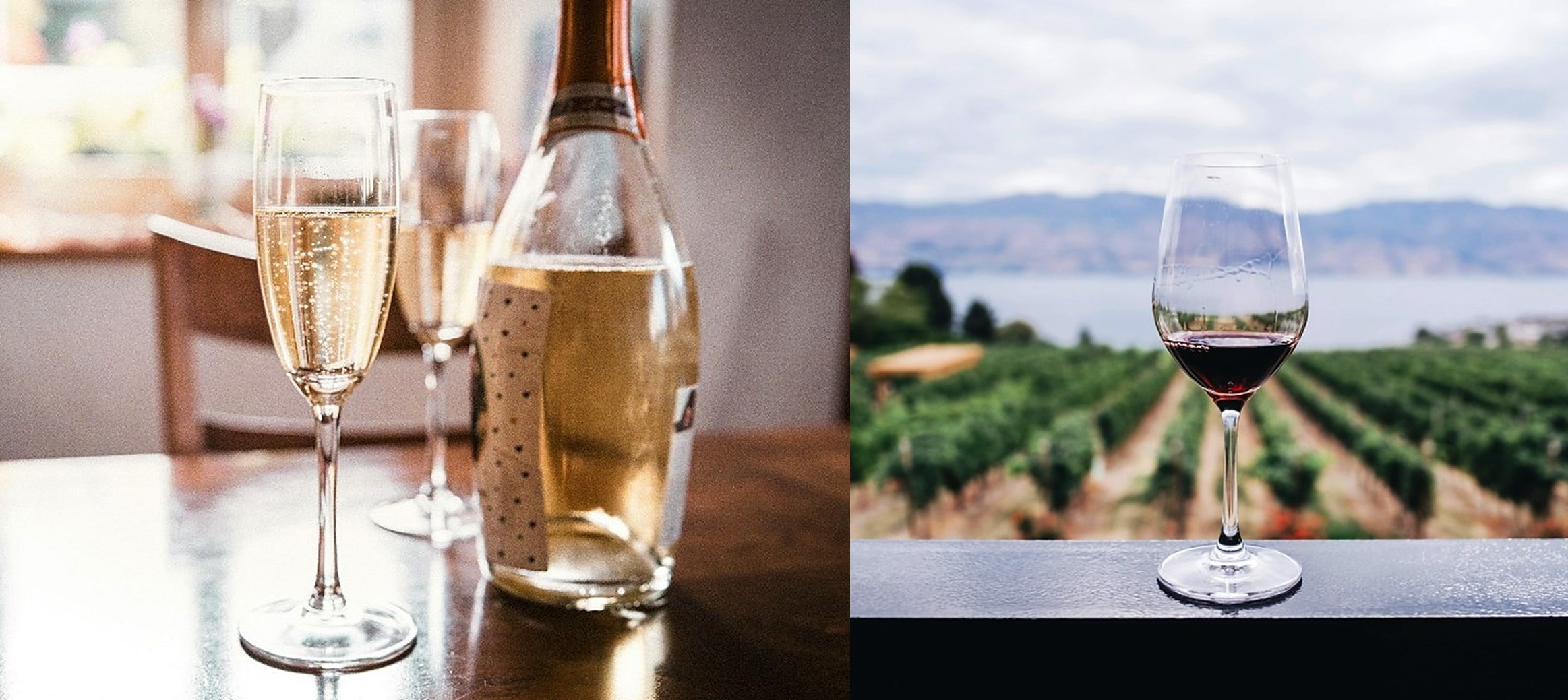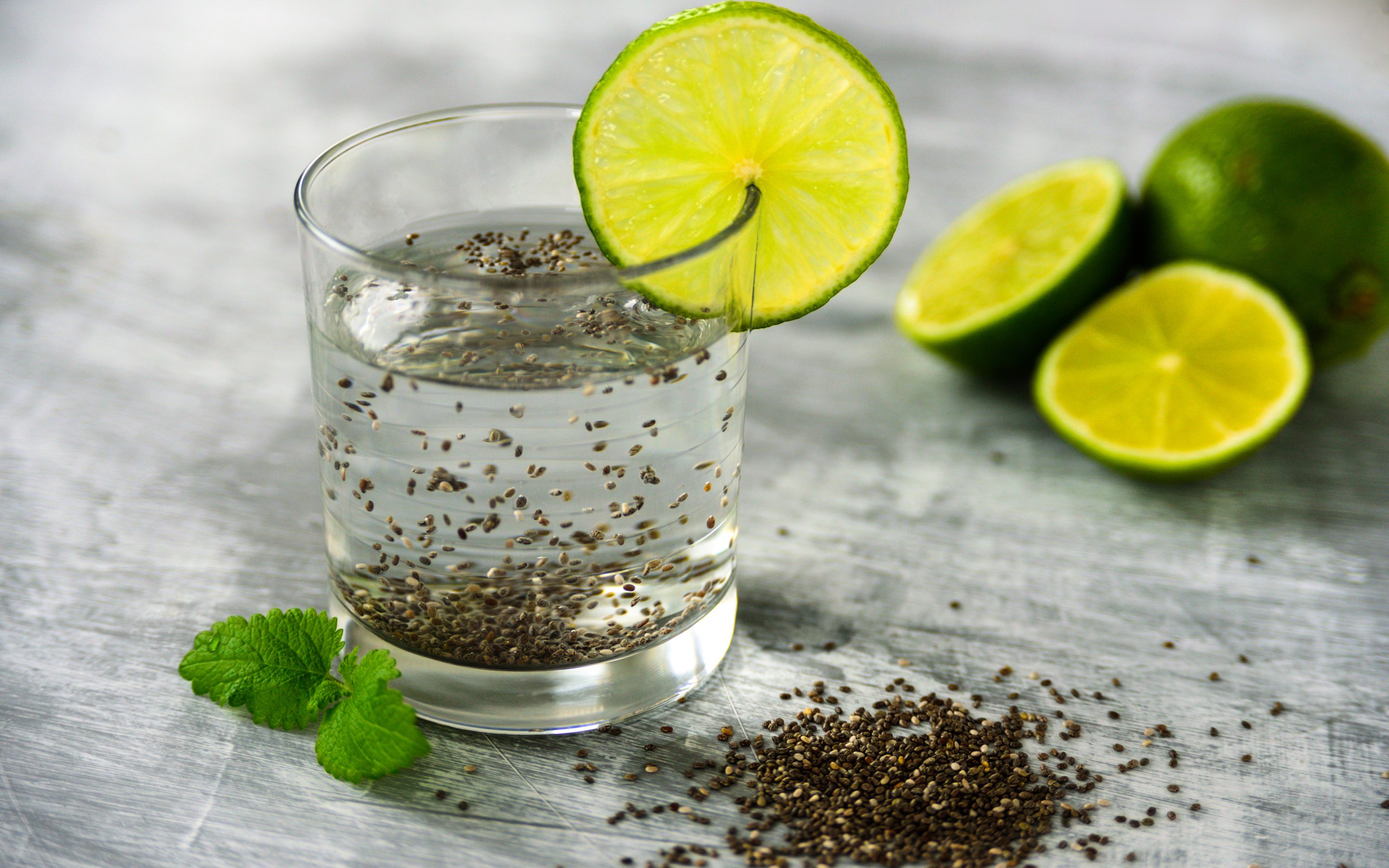
by Fern Shaw | Sep 3, 2025 | Water, water cooler, Water Coolers, water dispenser
Urology might not be the most talked-about health topic – but perhaps it should be. With half of us likely to face a urology condition in our lifetime, taking care of our urinary health is more important than ever.
Urology Awareness Month, held every September in the UK, helps bring attention to vital organs like the bladder, kidneys and prostate – and how we can keep them healthy with everyday habits.
And yes, one of the easiest ways to show them some love? Drink more water.
Staying hydrated helps these organs do their jobs – whether that’s filtering waste, controlling urine flow, or maintaining overall balance in the body. Dehydration can lead to all sorts of issues, including kidney stones, urinary tract infections and bladder discomfort.
The good news is you can keep an eye on your hydration with one simple clue: your urine colour. A pale, straw-like colour usually means you’re in the clear. Anything darker might mean your body’s asking for more H2O.
That’s where a water dispenser comes in handy. When fresh drinking water is easy to access – whether that’s at the office, workplace, job site, in waiting rooms, shops, fitness centres, schools or public spaces – we’re far more likely to drink enough throughout the day.
So, this month, don’t just raise awareness – raise a glass of water. Your urological system will thank you for it.
source: The Urology Foundation

by Fern Shaw | Sep 1, 2025 | aquaid, water cooler
In a market where it often appears that like = like, it’s good to remind ourselves why a water cooler from AquAid is really the best idea. Choosing AquAid brings more than just a constant supply of refreshing drinking water to your premises – it delivers a range of valuable benefits that make a real difference.
Refreshment On Tap
With any AquAid water cooler installed, you and your team have access to fresh, chilled (and hot) drinking water throughout the working day – helping everyone stay hydrated, alert and productive.
Decades of Expertise
AquAid brings over 25 years’ experience in supplying top-quality water coolers and related products. That expertise means reliable service, knowledgeable support and equipment you can trust.
Local Service, National Reach
With 22+ branches across the UK, you’ll be supported by a local team who understands your area and your needs. This ensures prompt delivery, responsive service and a personal approach.
A Greener Approach
We’re committed to reducing our environmental impact. Local deliveries mean lower emissions and our bottles are reused up to 35 times before being responsibly recycled. Even our cups are made from a single plastic type for easier recycling – and we actively encourage our customers to recycle too.
Water for You, Water for Others
Every AquAid water cooler directly supports clean water projects in Africa. In partnership with Christian Aid and The Africa Trust, we’ve donated over £23 million so far, bringing safe, sustainable water to more than four million people.
Value-added Extras
- 100 free refillable bottles for schools with every mains-fed cooler installed
- Hydration awareness posters to support healthy drinking habits at work and in schools
Choosing AquAid means more than just staying refreshed – it’s hydration with heart, backed by service you can count on.

by Fern Shaw | Aug 20, 2025 | Water, water cooler, Water Coolers
August is shaping up to be a rather refined month, having recently brought us two excellent reasons to raise a glass – National Prosecco Day and National Pinot Noir Day. Whether you’re a fan of sparkling celebrations or prefer a silky red, there’s no denying that wine lovers have had plenty to toast to. But before you get too carried away with the cork-popping and swirling, let’s take a moment to appreciate the unsung hero behind every great glass: water.
Yes, that humble H₂O from your water cooler plays a bigger role than you might think. Grapes, after all, need a good drink too – as do you. From vineyard to bottle, water is essential in the winemaking process, nurturing the vines and keeping those precious grapes plump and juicy. Without it, there’d be no Pinot, no Prosecco … and frankly, no fun.
Now, while we admire the idea of having a glass of fizz on tap, we strongly advise against repurposing your water cooler as a wine dispenser. It’s not that we haven’t thought about it – we have – but it turns out wine and water coolers just aren’t a great match (something about internal mechanics, hygiene and common sense).
What role does a water cooler play with wine?
What is a good idea, though, is keeping hydrated if you’re partaking in any wine-themed festivities. With the UK recently doing its best Mediterranean impression, alternating each glass of Prosecco or Pinot Noir with a glass of chilled water isn’t just sensible – it’s practically celebratory. Your head (and possibly those you work with) will thank you the next day.
So, whether you’re sipping something sparkling or savouring a smooth red, don’t forget to also replenish your water from your trusty water cooler. It might not be as glamorous as a vineyard in Veneto or Burgundy, but it’ll help you stay balanced, bright-eyed and ready for whatever tomorrow brings – even if that’s just another Monday.

by Fern Shaw | Jul 30, 2025 | Health and Hydration, water cooler, Water Coolers
Staying properly hydrated ensures that all of your bodily functions are … well … functioning. You can only go three days or so without water, and as your body loses its hydration, you will experience all kinds of awful side effects. Dehydration can cause irritability, lethargy, dangerously low blood pressure, rapid heart rate, headaches, shock, and even death.
The average adult can usually maintain proper levels of hydration by drinking enough water. That being said, extreme heat or exertion can be draining on even a healthy adult. Kids and the elderly are more susceptible to extreme dehydration than the average adult … so if you have kids or older adults in your life that are important to you, the tips outlined below can be especially important for them (and for you!)
- Pick the right water.
As a general rule, try to avoid hydrating beverages that have added sugar. In addition to having fewer calories, it’s important to choose hydrating beverages that don’t have sugar in order to prevent spikes in insulin levels. Going into a sugar crash compounded with the already-unpleasant sensation of dehydration is not the way to go. Plus, if you happen to be sick with diarrhoea during a hot summer day, sugary beverages can actually worsen your symptoms.
- Snack on the right foods.
Fresh veggies and fruits are good snacks this time of year, and not just for dieters. Fresh produce has a very high water content, so it’s a great way to hydrate without having to drink a ton of water. For example, an apple is up to 85% of water by volume.
Pickles (and pickle juice) are higher in electrolytes than beverages like Liquid Power or Powerade, and have been shown to reduce cramping cause by exertion in high temperatures. The acetic acid in pickles and pickle juice are considered superior to the citric acid found in commercial sports drinks, at least when it comes to rehydration properties.
Another food you should add into your diet when staying properly hydrated is a concern are chia seeds. In addition to being high in protein, the seeds themselves help you to retain water by absorbing many times their own weight in water. If you can’t find the actual seeds, you may be able to find a chia seed gel at runner’s/sporting goods or health food shops.
- Drink constantly, not occasionally.
You should be constantly drinking fluids, rather than guzzling multiple litres of water all at once.
Another way to explain this (in a rather radical comparison) is when you go to the hospital and get an IV drip, it’s a DRIP … meaning that you get a slow but steady introduction of fluids. You never see anyone getting an IV drip at the speed of a gushing fire hose.
It is better to have frequent, small amounts of fluid … especially if the dehydration is severe. Too many fluids at once can induce stomach upset or vomiting.
The amount of water you need in a given day depends on the environment, your activity level, and what other food and drink you have consumed.
Break up that amount of water into a cup or so every hour, and you’ll have a good, healthy intake of water. Drinking too much water in a very short period of time can put too much strain on your eliminatory processes, so finding the right balance is important.
- Avoid diuretic behaviours.
Don’t do anything that you know will dehydrate you. In addition to exercise, also watch out for alcohol and caffeine. You might feel groggy when you get to the office … avoid your usual The Hulk sized mugs of coffee and go for a large glass of water. You might be surprised at how much more effectively the water perks you up.
- Make it easy on yourself.
It’s hard to stay hydrated when you don’t have water nearby. At the office it should be easier – and practically impossible to avoid if you have a water cooler on the premises.
If you don’t, speak to the powers-that-be and ask them to drop AquAid a line, so that you get your water cooler tout suite.
Chia!

by Fern Shaw | Jul 21, 2025 | water cooler, Water Coolers
It’s quite fitting – smack‑dab in the middle of summer, when hot weather makes easy access to refreshing water more vital than ever – that we have some incredible news to share.
As of June, thanks to the dedication and hard work of everyone at AquAid – and the fantastic support from our amazing customers – we have officially surpassed the milestone of over £23 million donated to charity.
AquAid, as one of the UK’s leading water dispensers and bottled‑water suppliers, serving more than 40,000 customers, could not have reached this landmark without you.
But the real value here is that figures only tell half the story. Here are a few examples of what that £23 million has achieved:
- 2 million people across thousands of communities now have safe, reliable source of water for drinking and productive use.
- Gravity‑fed pipelines in Tanzania, funded by AquAid and installed by our partner charities, supply clean water to tens of thousands.
- Irrigation systems and pump‑upgraded wells in Ethiopia and Malawi that help boost food security. These upgraded methods of irrigation and access to water resources save time, energy and effort when producing food for consumption and crops for markets.
- Over 10,000 Elephant Pumps built in Liberia, Mozambique, Zimbabwe and beyond, easy to repair locally and serving millions.
Every project we have supported continues to deliver a sustainable water resource for decades. We could not be prouder, nor more grateful, to everyone at AquAid, for the tireless efforts of the charities we support and to our customers for making this possible.
Here’s to staying refreshed, replenishing your water at your AquAid water coolers and making a lasting difference – together.

by Fern Shaw | Jul 2, 2025 | water cooler, Water Coolers, water dispenser
It’s more important than ever to stay on top of your hydration during a heatwave. Hot weather puts extra strain on our bodies and even mild dehydration can quickly leave you feeling sluggish, dizzy or unwell. The simple fix? Up your water intake – stat!
It’s easy to underestimate how much you need to drink, especially if you’re not moving much or don’t feel thirsty. But good hydration habits aren’t just about comfort; they’re about staying well. Keep a bottle of water nearby, remember to refill your water glass and visit your water dispenser often and try to balance teas, coffees or fizzy drinks with extra water too. If you’re sweating more than usual, consider drinks that contain electrolytes to help replenish what’s lost.
But it’s not just about us. Heat affects everyone – so take a moment to check in on children, older relatives or neighbours and those with health conditions who might struggle in the heat. A quick call, a glass of water, a bit of shade – small things can make a big difference.
And don’t forget the animals. Pets can overheat fast and need cool, shaded and well-ventilated spaces and fresh water at all times. Wildlife, too, needs a hand. A shallow dish of water left out for birds, bees, hedgehogs or even a passing deer can be lifesaving.
In short, stay cool, drink water often, and look out for one another – human or otherwise.






